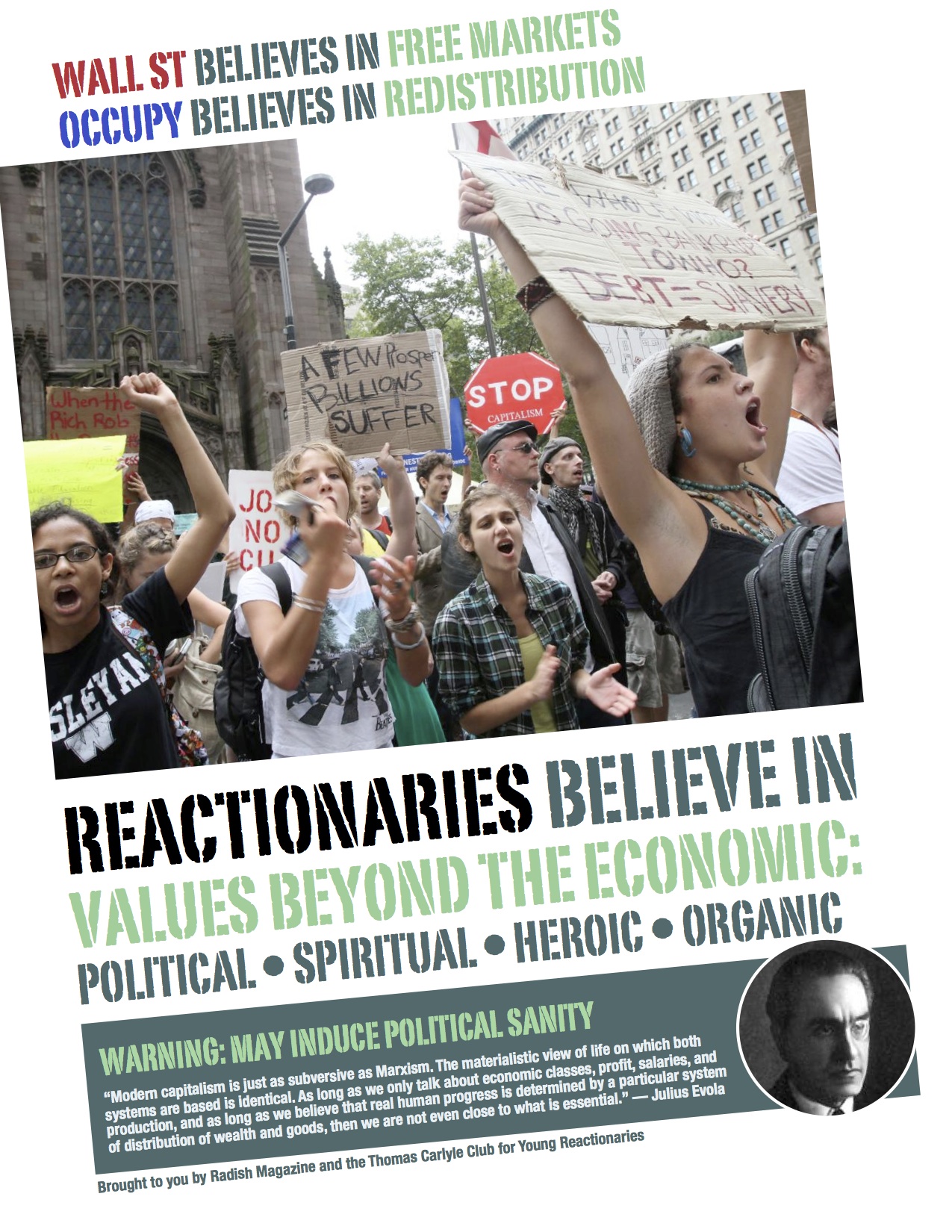 “The first thing about the enduring moral order is that […] it’s got to be something that is permanent, it’s got to be something that continues throughout time as a constant golden thread. The enduring moral order that Kirk envisages is a natural order made for man, for man, now that’s an important word, not made by, made for man. The moral order pre-dates and is part of who and what we are. Natural law theory is inherently conservative because it puts forward this notion of an enduring moral order. Something that is not made by us, but that is made for us, that has transcendental origins. It is a set of permanent moral truths, and they come in two forms: the inner order and the outer order. The inner order for the soul, and the outer order for the commonwealth. And it is hoped, especially by people like Irving Babbitt, that if you have a community of souls that have good inner ordering of their soul, you will have, through that notion of community that a conservative fundamentally believes in, a commonwealth of good order: the outer order. Order is important to a conservative because if you have this notion of an inherent moral order, you don’t need some all pervasive government injecting it into you. The inherent moral order and freedom are closely linked for a conservative […] You will note though, that when we talk about an enduring moral order, democracy isn’t a feature. This modern worship of democracy need not apply. It’s a fad, democracy. You can have an enduring moral order in an aristocracy. You can have it in a theocracy. You can have it in monarchies that are even absolute. You don’t need to have a democracy to have an enduring moral order. In fact, modern democracy works against having an enduring moral order because one of the fads, particularly in modern liberal democracy is to pander to the lowest common denominator, and to look below, rather than above for your source of enduring moral order […] liberalism doesn’t acknowledge an enduring moral order […] morality isn’t some sort of epiphenomena imposed by the state to a conservative, it’s something you have to imbue from the culture around you. Conservatives see morality as being fostered by institutions like family, the Church, universities, clubs […] unlike libertarians, who expect all the chains to come off […] freedom is found in order, to a conservative.”
“The first thing about the enduring moral order is that […] it’s got to be something that is permanent, it’s got to be something that continues throughout time as a constant golden thread. The enduring moral order that Kirk envisages is a natural order made for man, for man, now that’s an important word, not made by, made for man. The moral order pre-dates and is part of who and what we are. Natural law theory is inherently conservative because it puts forward this notion of an enduring moral order. Something that is not made by us, but that is made for us, that has transcendental origins. It is a set of permanent moral truths, and they come in two forms: the inner order and the outer order. The inner order for the soul, and the outer order for the commonwealth. And it is hoped, especially by people like Irving Babbitt, that if you have a community of souls that have good inner ordering of their soul, you will have, through that notion of community that a conservative fundamentally believes in, a commonwealth of good order: the outer order. Order is important to a conservative because if you have this notion of an inherent moral order, you don’t need some all pervasive government injecting it into you. The inherent moral order and freedom are closely linked for a conservative […] You will note though, that when we talk about an enduring moral order, democracy isn’t a feature. This modern worship of democracy need not apply. It’s a fad, democracy. You can have an enduring moral order in an aristocracy. You can have it in a theocracy. You can have it in monarchies that are even absolute. You don’t need to have a democracy to have an enduring moral order. In fact, modern democracy works against having an enduring moral order because one of the fads, particularly in modern liberal democracy is to pander to the lowest common denominator, and to look below, rather than above for your source of enduring moral order […] liberalism doesn’t acknowledge an enduring moral order […] morality isn’t some sort of epiphenomena imposed by the state to a conservative, it’s something you have to imbue from the culture around you. Conservatives see morality as being fostered by institutions like family, the Church, universities, clubs […] unlike libertarians, who expect all the chains to come off […] freedom is found in order, to a conservative.”
▪ Luke Torrisi, Address at the Conservative Speakers Series of the University of Technology Sydney Conservative Club, University of Technology Sydney, Broadway, 8 April 2015, extract.

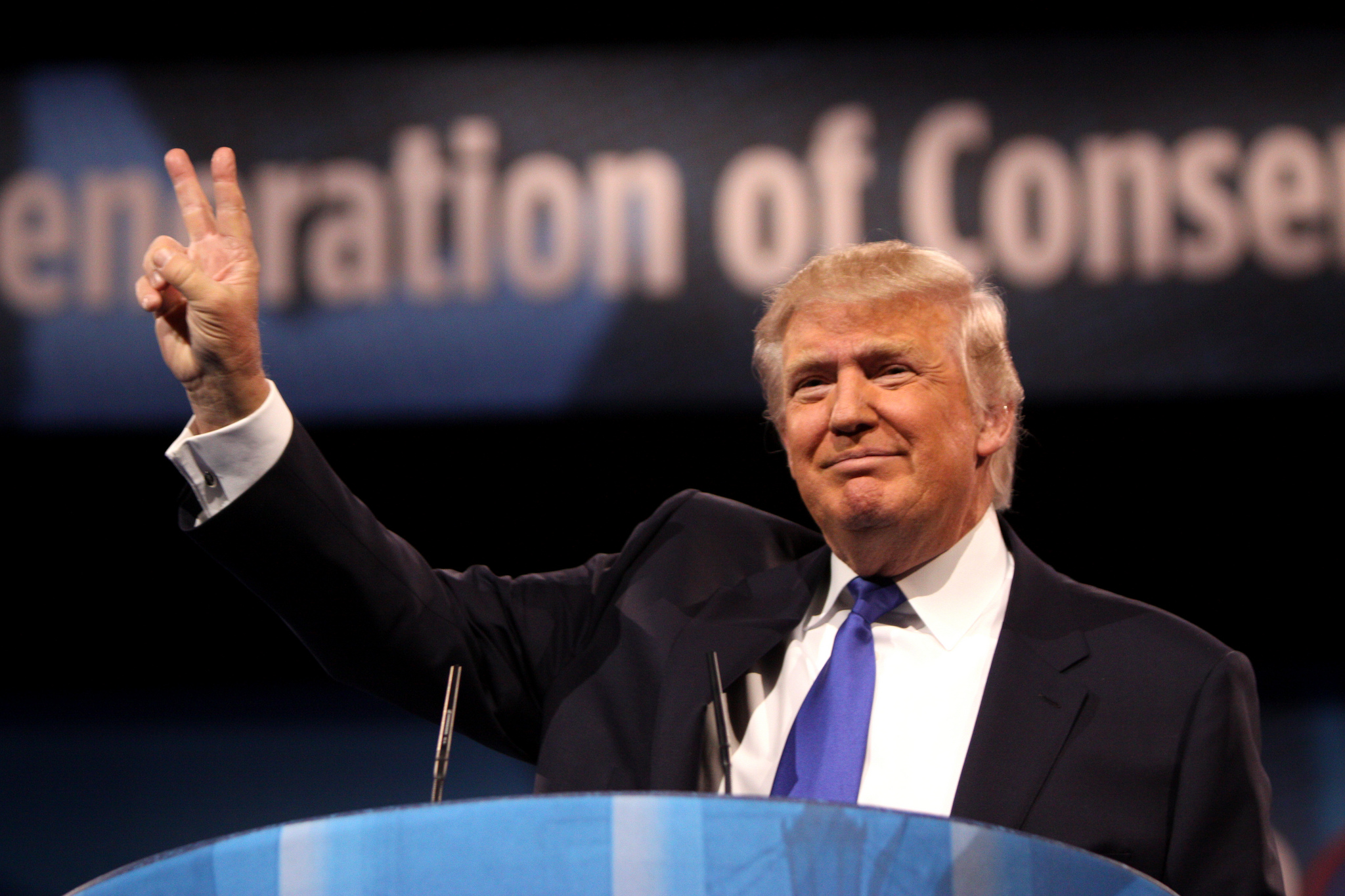
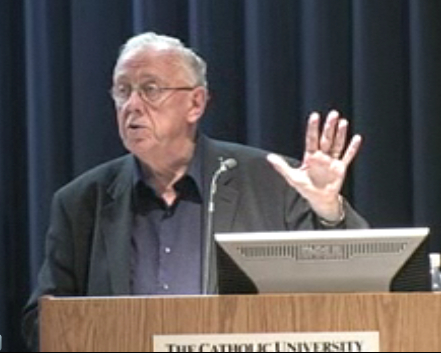
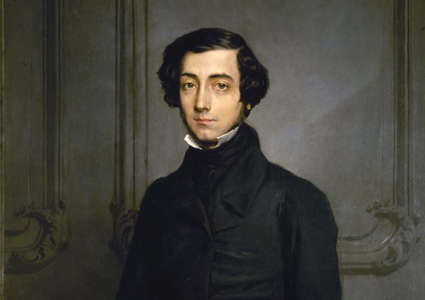
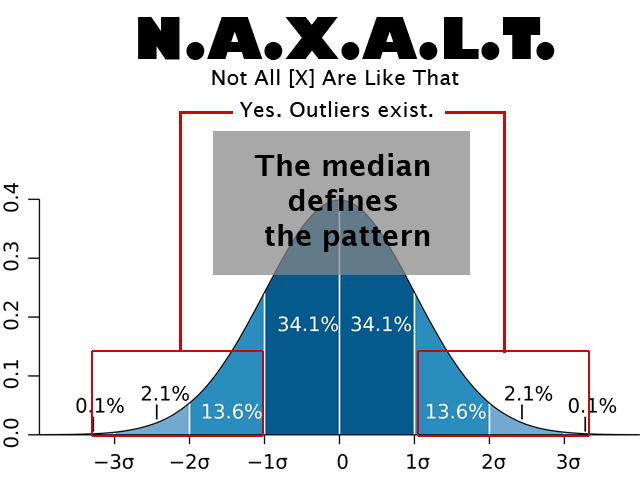
Leave a comment